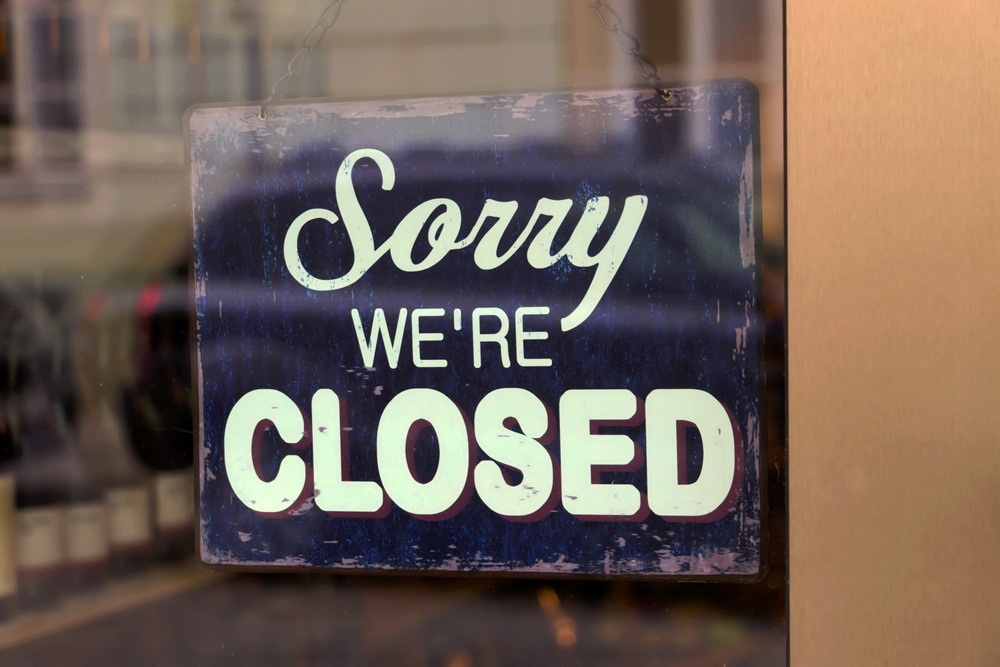Infamous Crypto Exchange Coincheck Unsure about Reopening after $500 Million Hack

Source: Shutterstock
According to several local sources, Coincheck, a major Japanese crypto exchange, is unsure of reopening its exchange after suffering a $500 million hack in January.
MineCC, a cryptocurrency miner and analyst based in Japan, reported that Coincheck president Oki Matsumoto said :
“I do not know the prospectus of reopening.”
Factors Behind the Delay
Nine months ago, Coincheck suffered the largest security breach in the history of the cryptocurrency market, losing more than $500 million in XEM, the native currency of the NEM blockchain, to an unknown group of hackers.
Unable to compensate all of the investors affected by the hack, Coincheck reached a deal with Monex, a publicly listed company in Tokyo, to obtain sufficient funds to refund its investors.
The investigation into Coincheck involved law enforcement, local intelligence agencies, and the Japanese government in an attempt to salvage any portion of the stolen funds to compensate investors on the platform.
Subsequent to the incident, Coincheck lost its license to operate as a cryptocurrency exchange in Japan and was requested by the government to reapply, as a new executive took over the platform.
Until the Japanese Financial Services Agency (FSA), the country’s main financial watchdog, grants a license to Coincheck to operate as a fully regulated and compliant exchange, the platform will not be able to accomodate new users and open its exchange to the public.
This week, Monex disclosed that throughout July and August, the platform has allowed existing investors to sell their holdings in cryptocurrency on the exchange. While the exchange recorded a 66 percent drop in its revenue, the company has been able to record some revenues from existing investors on the platform.
“Since service suspension in January 2018, Coincheck only allowed existing customers to sell their cryptocurrency. This limited revenue stream resulted in segment loss of ¥ 0.6 B [around $5.3 million]. Coincheck has improved in governance, internal control and internal audit, aiming for full service resumption.”
The probability of Coincheck obtaining the approval from the FSA in the short-term remains significantly low, given the magnitude of the security breach and the number of investors that were affected by the hack.
Moreover, the FSA emphasized that it intends to implement stricter regulatory frameworks in regards to the security and internal management systems employed by trading platforms, and the Coincheck hack was the catalyst behind the decision of the FSA to stricten existing regulations surrounding the crypto market.
New Management, New Team
Coincheck will still be able to reopen if it can demonstrate to the FSA that the exchange has conducted a complete overhaul of its previous internal management system and security measures.
More importantly, given that the exchange was hacked due to a lack of security specialists working to secure the exchange, the firm will have to provide sufficient evidence to ensure that a similar issue will not resurface in the years to come.
Featured image from Shutterstock.